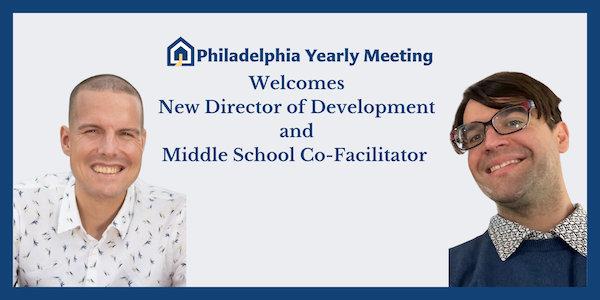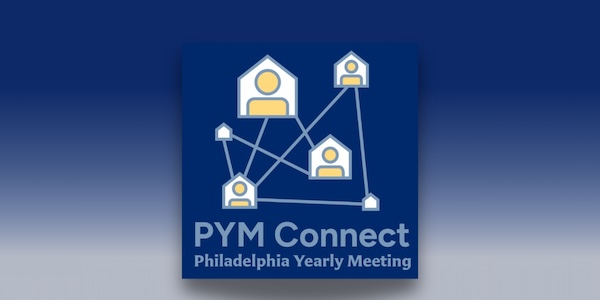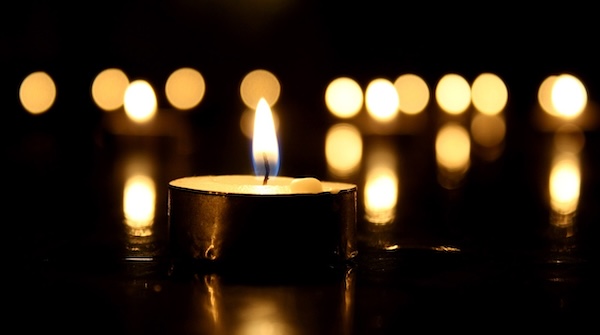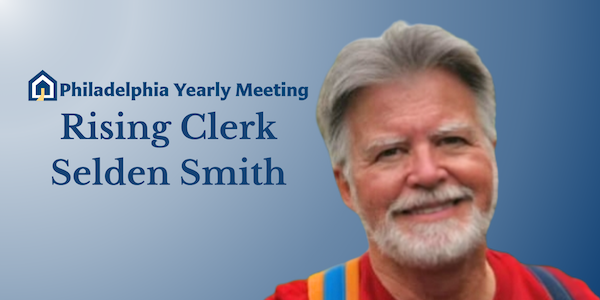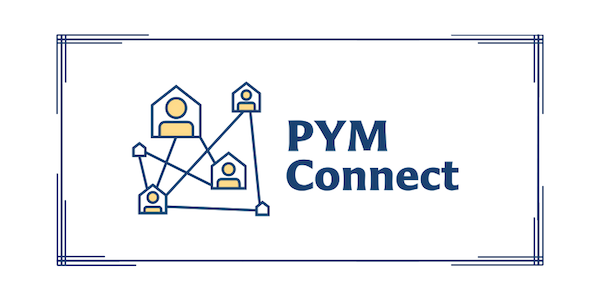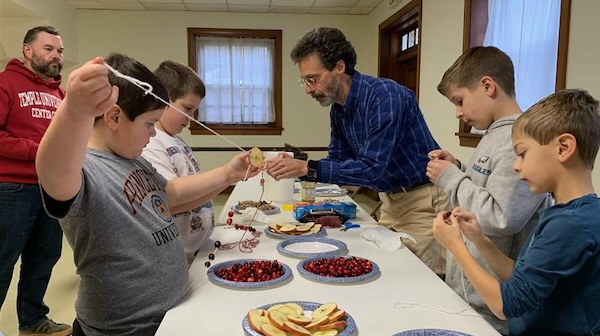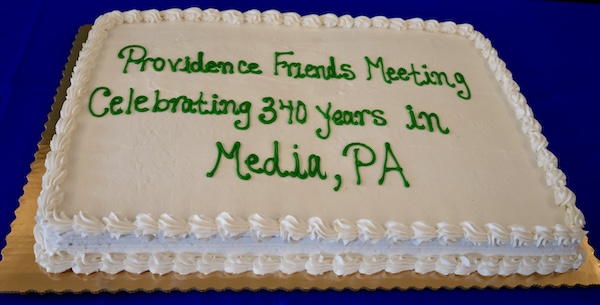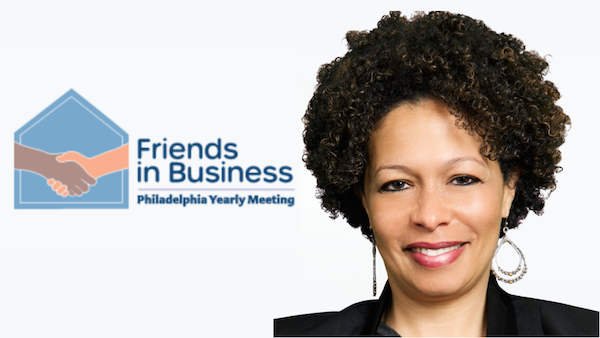We are thrilled to welcome Joe Kirkenir as Director of Development (pictured left) and Daniel Doan as Middle School Co-Facilitator (pictured right). We are excited for the experience and dedication they will bring to their roles within PYM.
[Read more…] about PYM Welcomes New Director of Development and Middle School Co-Facilitator
Philadelphia Yearly Meeting
PYM Connect Launches Next Phase in Second Week of January
Next week, PYM Connect reaches a new phase as many Friends will start engaging with this online space for the first time. It is a chance for our community to use the platform to share, collaborate, and celebrate among Friends. [Read more…] about PYM Connect Launches Next Phase in Second Week of January
Program & Religious Life | A Year in Review
Hello Friends,
How has spirit moved among us in 2024? As we, the staff of PYM’s Program and Religious Life Department, reflect on this question, we have many joyful tidings to share.
The Big Picture
This year we saw many examples on how being a part of the Philadelphia Yearly Meeting community gives Friends a place to share their gifts and ask for support in times of need. This flow of sharing and receiving is a core part of what it means to be “part of the body.” Our PYM programs create spaces of joy, learning, spiritual nurture, and concrete resources. And none of it would be possible without Friends like you sharing their gifts, showing up, participating, and building community together. Thank you!
Read on to hear more about the programs and events we’re proud of this year.
[Read more…] about Program & Religious Life | A Year in Review
New Case Management Services for PYM Friends
A new resource is available for Friends in our yearly meeting!
Thanks to a generous need-based grant, members and regular attenders of PYM may be eligible to receive up to 10 hours of professional case management services through Living Care Home Services (LCHS). Eligibility is determined by individual need. LCHS, though based in Pennsylvania, serves the entire PYM region.
Case management can connect Friends with long term care, health care referrals, mental health resources, debt management and debt consolidation counseling, support with housing, help applying for social services, and help securing in-home care.
[Read more…] about New Case Management Services for PYM Friends
Selden Smith’s Call to Serve as Rising Clerk
Selden Smith has been a part of the Philadelphia Yearly Meeting community for his whole life, bringing care, humor, and dedication to his work among Friends. Selden shared his reflections on his journey with Quakerism, his unexpected call to serve as Rising Clerk, and his hopes for the future of Philadelphia Yearly Meeting. He highlights the importance of recognizing the gifts and talents within our community—both in ourselves and in others—and how these contributions sustain and strengthen the work we share as Friends.
[Read more…] about Selden Smith’s Call to Serve as Rising Clerk
December 2024 | Joint Council Update
The three councils that guide Philadelphia Yearly Meeting—Quaker Life Council, Administrative Council, and Nominating Council—recently gathered for their second meeting in a newly adopted joint format. In this structure, the councils come together as one Joint Council to worship, discern, and conduct business collaboratively. in an article written about this experiment this summer, this practice ensures that the Joint Council can promptly share its minutes with the PYM community after the meeting.
Strengthening Connections Across Philadelphia Yearly Meeting | PYM Connect
During Fall Continuing Sessions, Christie Duncan-Tessner, General Secretary, and Claire Kinnel, Community Engagement Coordinator, Had the opportunity to present on PYM Connect. This online community platform, set to launch in January 2025. PYM Connect is designed to support a more interconnected yearly meeting. Built as a secure, supportive space, PYM Connect will offer Friends a way to engage and share resources with one another across shared ministries and leadings.
[Read more…] about Strengthening Connections Across Philadelphia Yearly Meeting | PYM Connect
Children in Community: A PYM Family Gathering
Joy, laughter, and creativity filled the air as Friends of all ages gathered at Kennett Friends Meeting for an unforgettable PYM Family Meetup on December 7th! The day was filled with meaningful connection and fun activities for both children and adults.
[Read more…] about Children in Community: A PYM Family Gathering
Providence Monthly Meeting Celebrated Its 340th Anniversary
Providence Monthly Meeting (PMM) in Media, PA, celebrated its 340th anniversary on October 26, 2024. The event began with a program led by PMM Clerk Meg Barney, which included a Land Acknowledgment delivered in both English and Lenape, a brief history of PMM, and introductions of guests from local faith communities, community organizations, and government representatives. During the celebration, attendees explored guided stations across PMM’s grounds, learning about the Meeting’s legacy through exhibits on topics such as the Underground Railroad, climate justice, and racial equity, as well as historical landmarks like the grave of abolitionist Graceanna Lewis. State Senator Tim Kearney presented a citation from the Pennsylvania Senate.
[Read more…] about Providence Monthly Meeting Celebrated Its 340th Anniversary
Friends in Business to Welcome Sara M. Lomax
Friends in business – or retired from it – join together through PYM twice a year to share ideas, nurture their network, and explore perspectives. These times together provide a space to reflect on the intersection of faith and professional life. Each event features a talk, often by a someone who shares their experience of integrating important values into their professional career.
[Read more…] about Friends in Business to Welcome Sara M. Lomax
